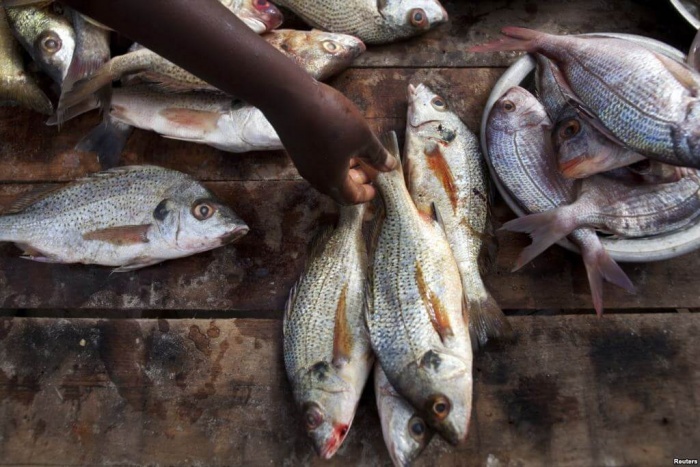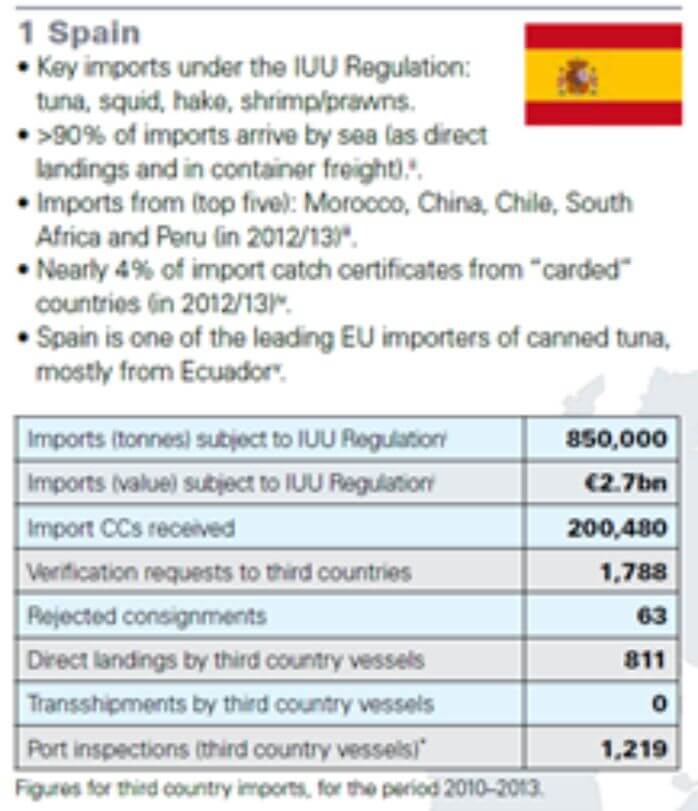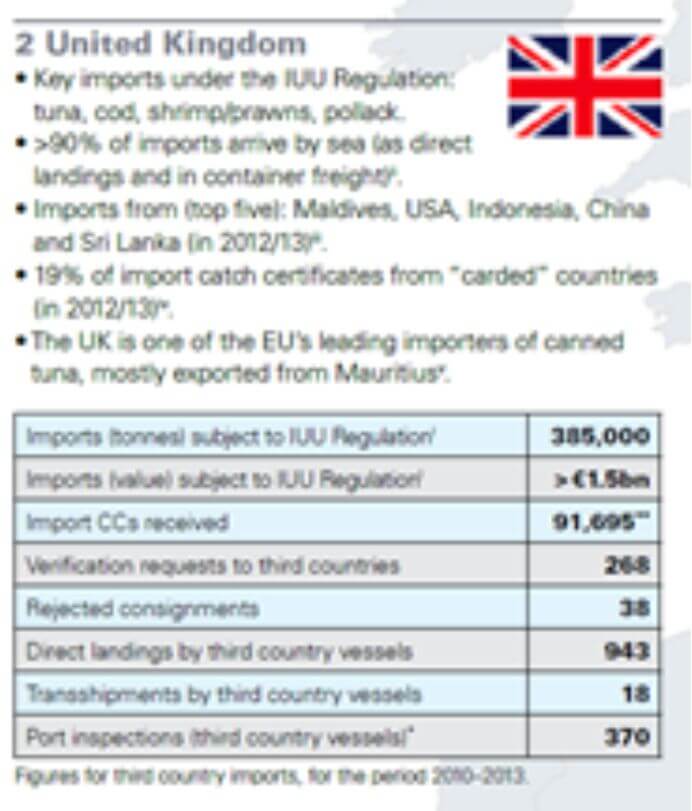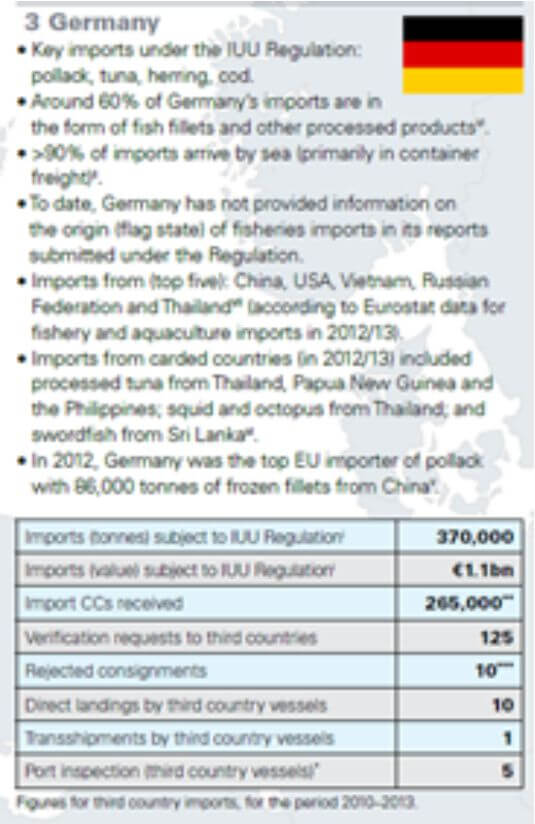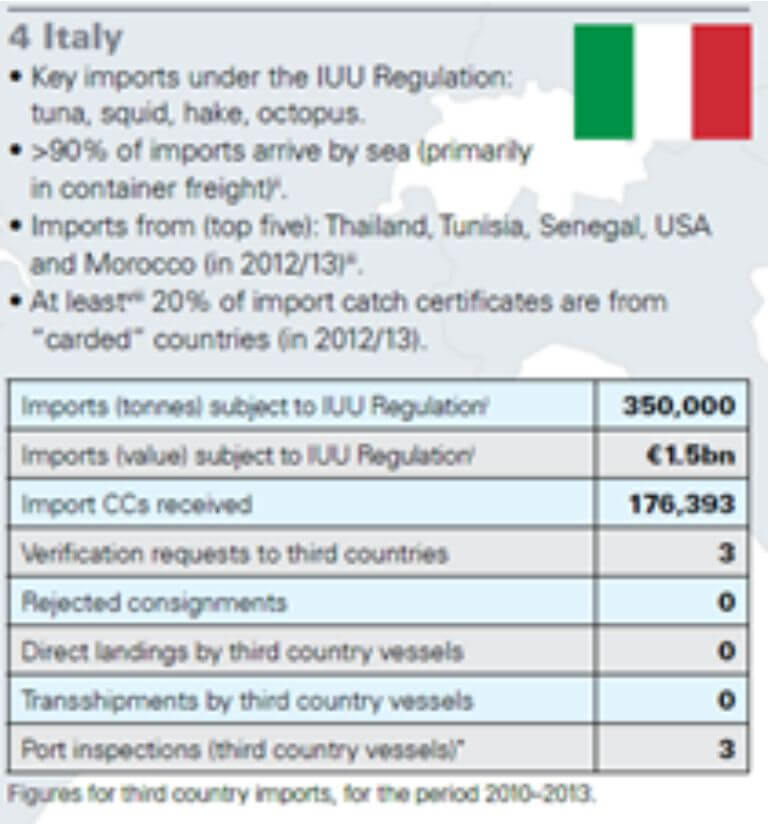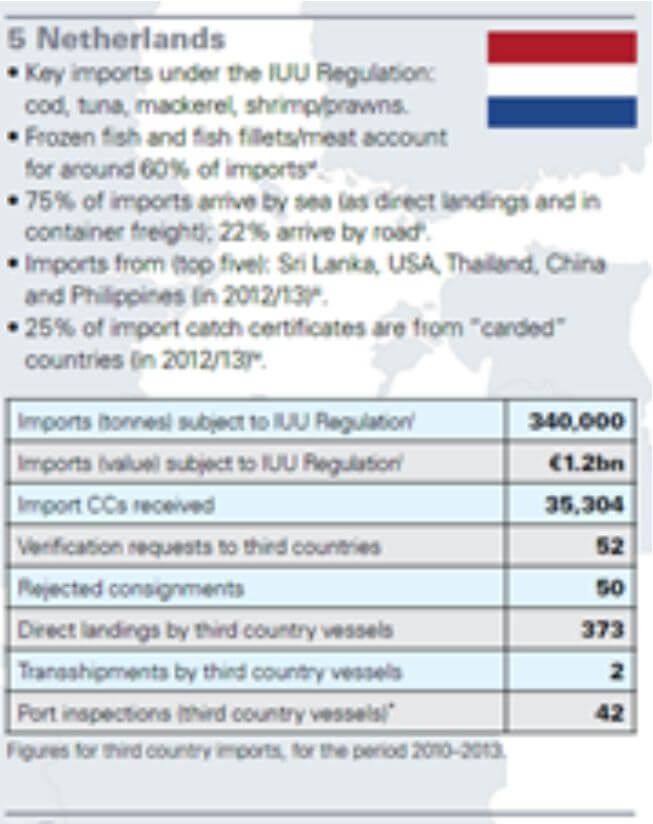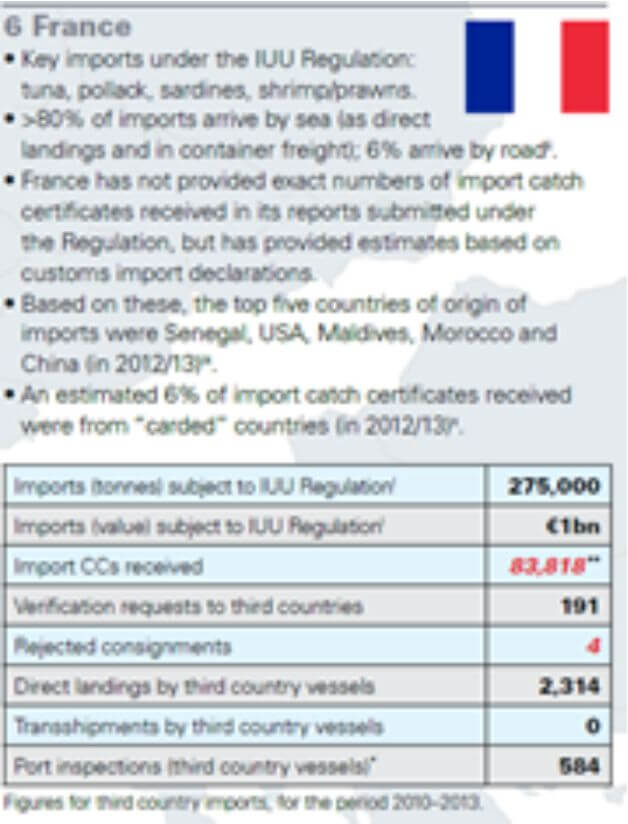Image source: http://gdb.voanews.com/71985D42-D852-47A9-9D0B-3F725264B708_mw1024_s_n.jpg
Written by Ardy Nur Ihsan
The European Union has seen the urgency to regulate the conduct of fishing due to the increasing threats to marine ecosystem and also human’s food security. In 2008, The EU Regulation to stop Illegal, Unreported, and Unregulated (IUU) fishing was adopted by the Europan Comission; and in 2010, the detailed rules were taken into force. However, despite the existence of the regulation, EU and global fish markets still witness high number of marine products that were caught by IUU fishing. One of the problem faced by EU is the lack of coheren regulations among participating countries, inside and outside the EU.
Fishing become illegal when there is no authorisation, violating international or national laws, and against the legal measurement of sustainable fisheries. Fishing also become dangerous when it is not reported to authorities and done under no regulation. Overfishing caused by the absence of regulation led to the drain of fish population, endanger the balance of ocean ecosystem, and put those who fish legally in an unfair market competition. The IUU fishing has become a threat to sustainable global fisheries and marine diversity.

Image source: http://oceana.org/sites/default/files/oceana_iuu_report_01_02_16_web.pdf
EU is the largest seafood importers, holding 24% of the total fish trade globally. This means that EU will likely contribute to the increase of IUU fishing. In order to prevent, stop, and eliminate this from happening, EU has entered regulations on IUU Fishing into the legal system in 2010. This regulation is not only addressed for EU member states, but also welcome third-countries to join the effort. There are three main components in the regulations. First is the standard framework for catching fish, which comprise the process of product validation that will certify the fish being imported to or exported from EU. Second is third-country certification, in which EU implement several standard for third-countries that export their seafood products to EU. If they could not meet the standard requirements and classified as not effecvely combating the IUU, their product will be banned from enterint EU seafood markets. Third is penalty issued for EU nationals who support or engage the IUU fishing, in the same amount of their catch, so that they will be less economically driven in doing so.
Despite the increasing number of countries joining the combat of IUU fishing, there are still undoubtedly slow progress in terms of the result. The IUU fishing regulation is facing similar problem to the implementation of EU’s Shark Finning Ban regulation. The lack of coheren regulations and capability among participating countries is the main factor. A research done in 2010-2013 by Environmental Justice Foundation, Oceana, The Pew Charitable Trusts and WWF showed that six largest EU’s importer countries had various progress on implementing IUU fishing, with some differences on the data of actions that have been taken and the level of implementations.
Click the pictures for details.
Outside EU, the main factors causing incoherent policy are the lack of resources and political will. Most of developing countries have been a contibutor to the big amount of fish export globally. In their attempt to eliminate IUU fishing, they often do not have the means to control or stop illegal fisheries. The prominent example is fish products from West Africa, where 40% of the total fish caught are from IUU Fishing in 2015. Most of African Nation have the lack of resources on monitoring, controlling, and implementing the regulations, some even have no interest in following it. Now, West Africa has become the first region with the highest number of IUU Fishing.
Combating IUU fishing is clearly not a fight that EU can win alone. We will need the cooperation from different parties around the world. There are two things that need to be done to strengthen the implementation, which are the harmonization of the policy and the sharing of resources among participating countries. Until now, EU’s IUU fishing regulation has encouraged other countries to join the force by reforming their fisheries law, such as Philipines, Thailand, Indonesia, Panama, Togo, and South Korea. U.S. also joined the effort to combat IUU fishing by strengthening their previous policy.
The views and opinions expressed in this article are those of the authors and do not necessarily represent the official position of Institute of International Studies Universitas Gadjah Mada.
Ardy Nur Ihsan is undergraduate student in Department of International Relations Universitas Gadjah Mada. He currently works as Media Researcher in Programme on European Studies, Institute of International Studies Universitas Gadjah Mada. He can be reached via ardynurihsan@gmail.com .

